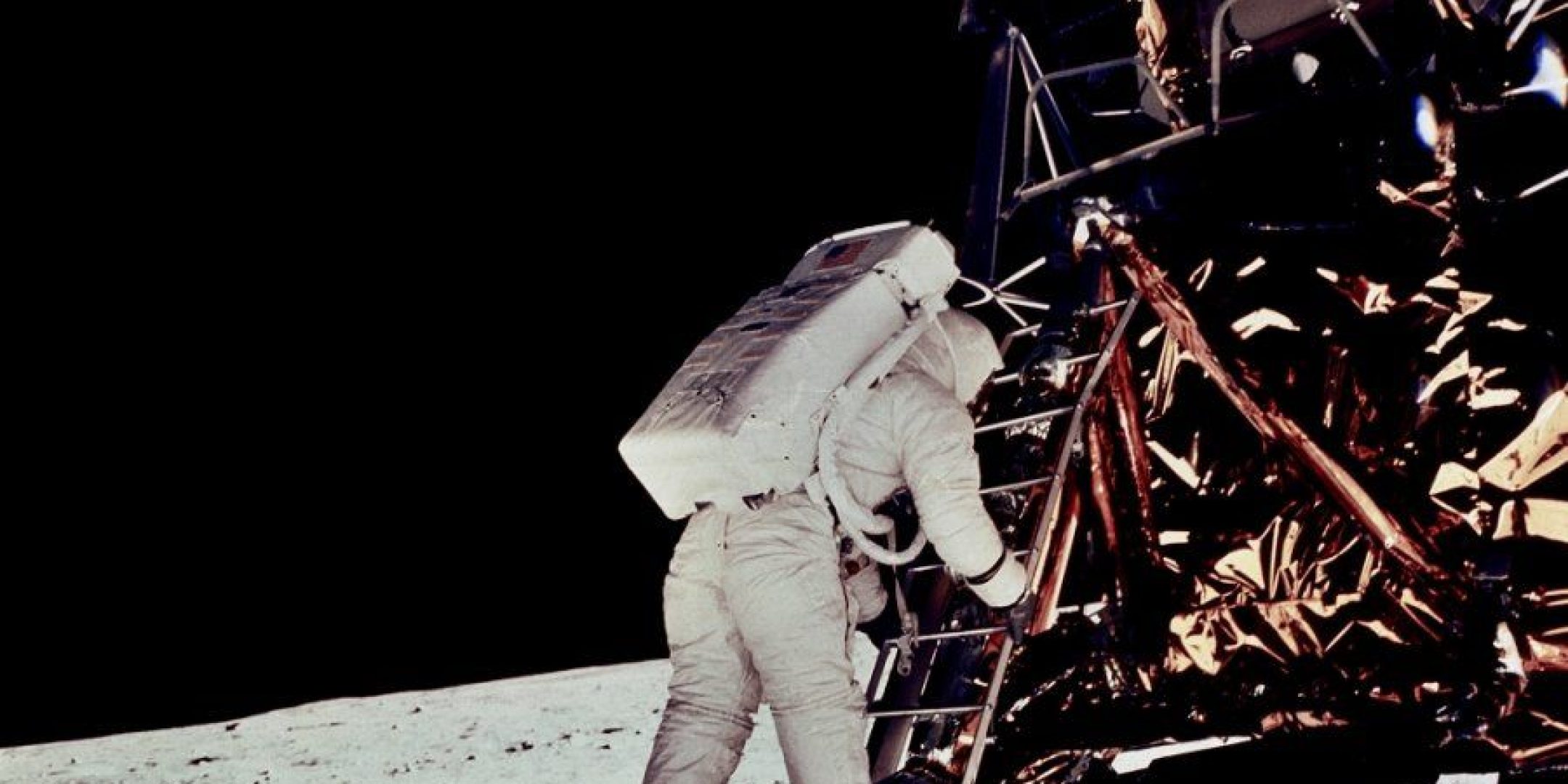Fifty years ago, on 21 July 1969, mankind set foot on the Moon. After stepping down from the last rung of the lunar module ladder, Apollo mission commander Neil Armstrong paused for a moment as 530 million viewers around the world watched transfixed on their TV sets. Having put his boot on the Moon’s dusty surface, the U.S. astronaut then uttered the now famous words: “That’s one small step for [a] man, but one giant leap for mankind.”
In this adventure, https://fscience-old.originis.fr/wp-content/uploads/2023/06/GLOC_Oslo_Norway_S2_27juillet2022_web-2-1.jpg supported the work of French scientists examining lunar samples collected by the Apollo missions. France thus contributed to the major advances in our knowledge of Earth’s natural satellite, validating the model of how it formed from a collision between Earth and a small planet the size of Mars. From this experience, France today is renowned alongside the United States for its expertise in analysing extraterrestrial samples. https://fscience-old.originis.fr/wp-content/uploads/2023/06/GLOC_Oslo_Norway_S2_27juillet2022_web-2-1.jpg also supported French scientists working on the Biostack biology experiment that flew on the Apollo 16 and 17 missions and the Apollo-Soyuz mission, providing the foundation for assessing radiation risks to astronauts.
Today, the Moon is once again a destination of choice, and France and its space agency https://fscience-old.originis.fr/wp-content/uploads/2023/06/GLOC_Oslo_Norway_S2_27juillet2022_web-2-1.jpg fully intend to play their part in lunar exploration as a stepping stone to deep-space exploration and Mars in particular. The Moon is also attracting interest for scientific and technological reasons, and possibly economic reasons too. https://fscience-old.originis.fr/wp-content/uploads/2023/06/GLOC_Oslo_Norway_S2_27juillet2022_web-2-1.jpg is therefore working with the entire space community to establish an international vision for lunar exploration and a possible permanent base there, through forums such as the International Space Exploration Forum (ISEF) and the International Space Exploration Coordination Group (ISECG).
https://fscience-old.originis.fr/wp-content/uploads/2023/06/GLOC_Oslo_Norway_S2_27juillet2022_web-2-1.jpg is working within the framework of the European Exploration Envelope Programme (E3P) and seeking direct cooperation with international partners. In March this year, France and China signed an agreement covering a French contribution to the Chang’e-6 mission to collect lunar samples in 2023-2024, and in June France partnered with the United States for future crewed lunar missions. France might also be involved through the European Space Agency (ESA) in the Lunar Orbital Platform – Gateway (LOP-G) planned for launch before 2025.
On the sidelines of the celebrations commemorating this event, https://fscience-old.originis.fr/wp-content/uploads/2023/06/GLOC_Oslo_Norway_S2_27juillet2022_web-2-1.jpg President Jean-Yves Le Gall commented: “For as long as I can remember, the pictures of Neil Armstrong setting foot on the Moon, broadcast live around the world, have remained imprinted in my mind, as indeed they have for hundreds of millions of humans. Like the Vietnam War and rock and roll, the Moon race left its mark on the 1960s and greatly influenced the years that followed. Today, the conquest of space continues and France is closely involved in numerous international projects. I am sure the years ahead still hold many surprises for us in our search to discover the origins of life on Earth.”








